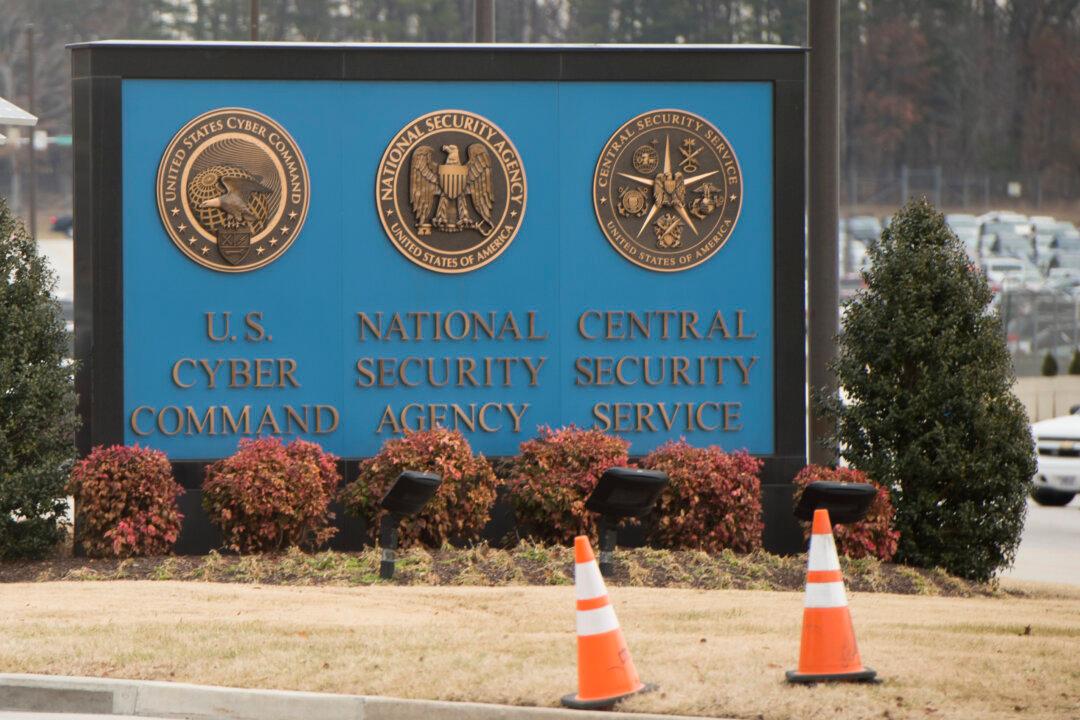The federal government spent more than $100 million on an NSA phone records collection program that produced almost nothing of value, according to a former official who led the analysis of the collected data at the FBI.
The program, which was started under the 2001 Patriot Act, allowed the NSA to collect from phone carriers the metadata for all phone calls, such as the calling and receiving numbers, the time, and duration of the call.





